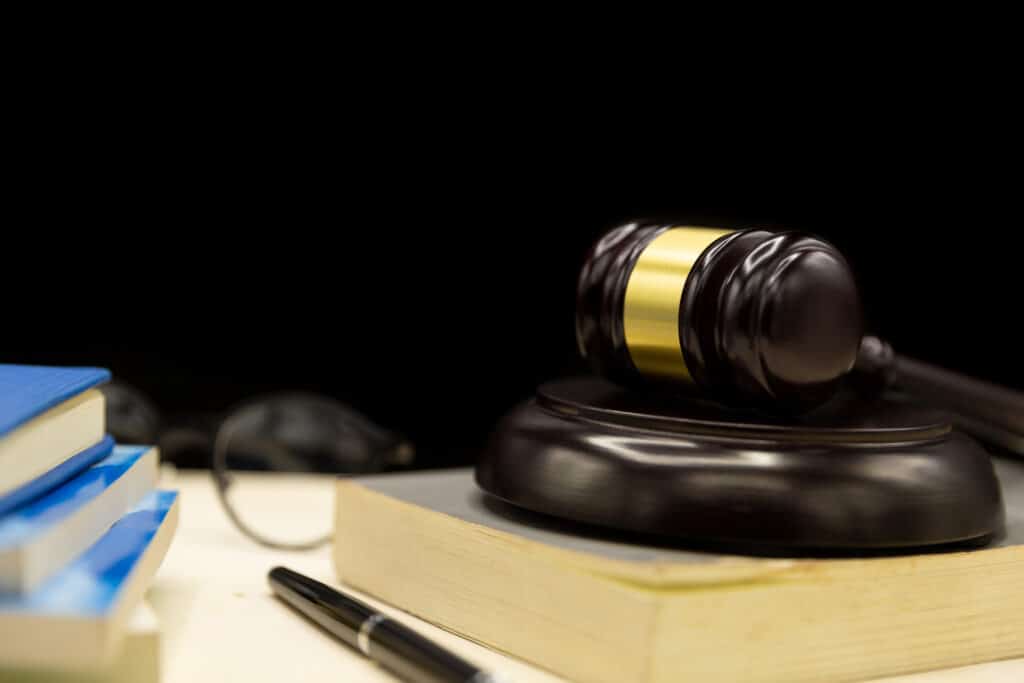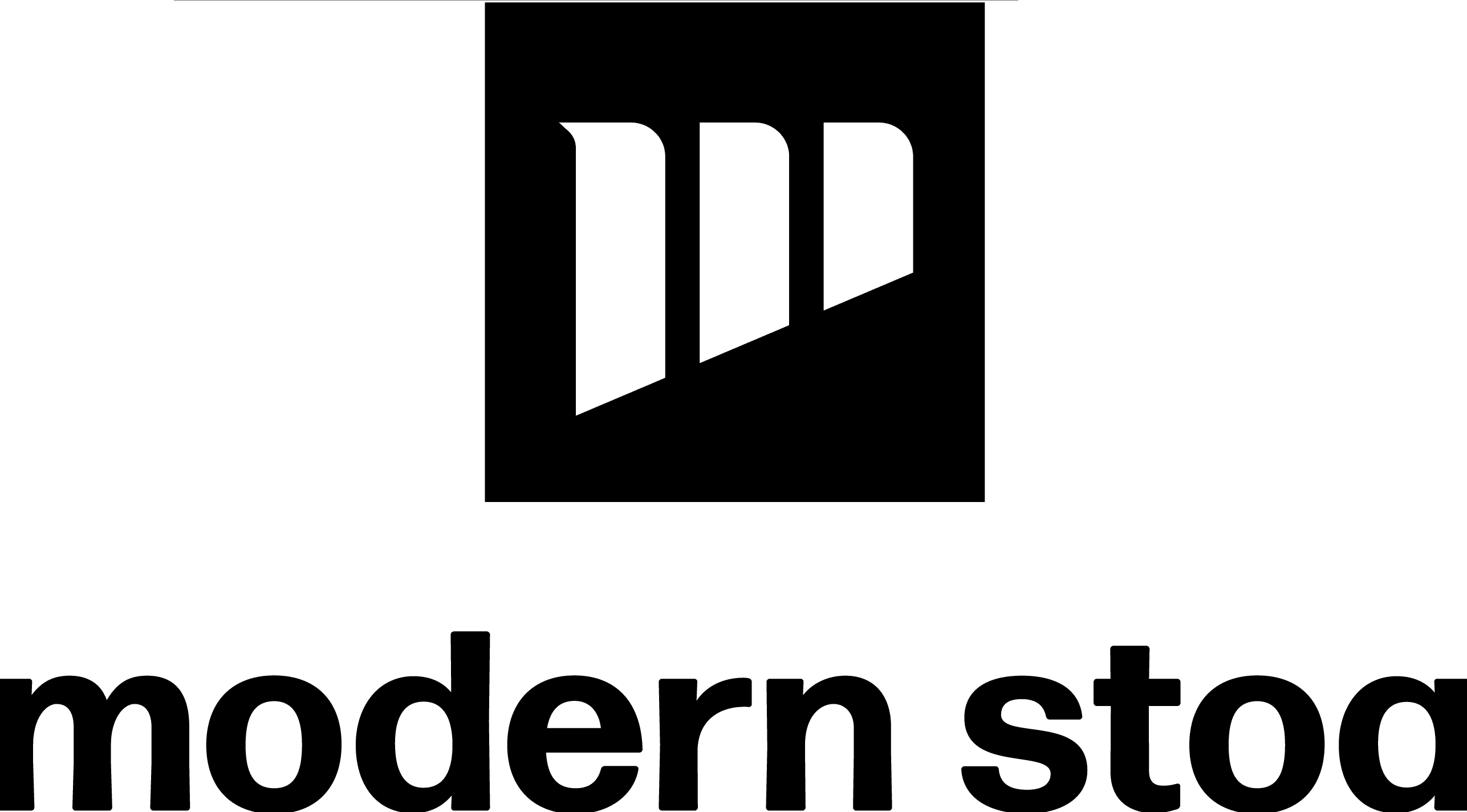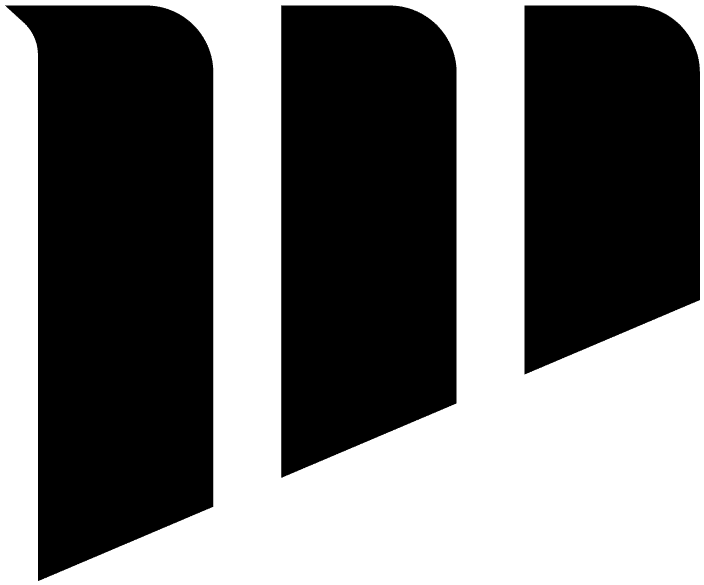
Podcasting gives creators the freedom to share ideas, tell stories, and build communities, but with that freedom comes responsibility. From copyright issues to guest consent, understanding the legal side of production can protect your show from takedowns, claims, or costly mistakes. Whether you’re just starting or growing a multi-show network, these key areas deserve your attention.
Copyright and Music Licensing
One of the most common legal missteps in podcasting is using copyrighted music without proper permission. Just because a track is available online doesn’t mean it’s free to use. Podcasters must either license music through royalty-free libraries, work with composers directly, or use platforms like Epidemic Sound, Artlist, or Musicbed that offer podcast-safe options.
Even short clips or background music can trigger takedown notices. If you’re unsure whether something is cleared for use, it’s best to leave it out.
Guest Releases and Consent Forms
When recording interviews or collaborative content, it’s a good practice to use guest release forms. These documents confirm that the guest consents to being recorded and allows you to distribute the content freely across platforms. This is especially important if you plan to repurpose the material later, use soundbites in promos, or license the content elsewhere.
Verbal consent at the start of a recording can be helpful, but written documentation provides stronger protection in case of disputes.
Avoiding Defamation and Inaccurate Claims
Podcasts that comment on news, people, or public events must be especially careful with language. Making false statements that harm someone’s reputation, even unintentionally, can lead to defamation claims. Always fact-check, cite sources, and avoid speculation that could be seen as damaging or misleading.
If you’re discussing sensitive topics or controversial figures, consider including disclaimers or editorial notes to clarify intent and provide context.
Understanding Platform Terms of Service
Each distribution platform, Spotify, Apple Podcasts, YouTube, and podcast hosts, has its own terms of service. These cover what types of content are allowed, how data is handled, and what happens if a complaint is filed. Violating these terms, even accidentally, can result in removal or demonetization.
Take time to read through your platform’s policies, especially around user-generated content, music, and monetization. It’s not the most exciting part of podcasting, but it helps prevent surprises later.
Final Thoughts
Legal protection might not be the first thing podcasters think about, but it should never be an afterthought. A few proactive steps can keep your content safe, your brand credible, and your publishing uninterrupted. Respect copyrights, collect proper consent, avoid risky claims, and know your platforms. It’s all part of running a professional and sustainable podcast.
Looking to take your podcast to the next level? Book a session at Modern Stoa Podcast Studio. Go to modernstoa.co/studio.

